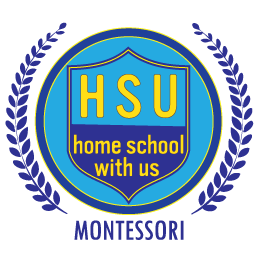Enrollment Forms
Admissions Form
First Day Checklist
New Family Questionnaire
Parent Insight
The children that benefit the most from a Montessori learning environment are those who are continuing some of the same practices at home.
Three ways to do Montessori at Home:
-
No big deal right? Wrong. This might be the hardest but most crucial part. The way our parents raised us influences how we parent our children. That can be both positive and negative. Take time to reflect on your upbringing and how it has shaped you. Consider your children not as little kids that don’t know any better but young people that are capable of a lot and deserving of equal respect and dignity. Model the type of behavior that you expect from them. Take time to observe them with minimal interruption. Give them options so that they can begin practicing problem solving. Overall slowly relinquish the control that we rightfully have over our children for their safety and give them some room to feel included within their environment.
-
Letting your children help feels uncomfortable in the beginning. It doesn’t feel like help at first. I promise it will pay off later when you wake up one morning and they’ve already gotten ready and made breakfast. Do it while they’re young and eager to learn! This is also a great way to apply math, reading, fine motor and focus skills. So put their things low enough for them to reach. Get a step stool for the things they can’t, slowly show them how to do a task. If they make a mistake try not to correct it in front of them. Instead demonstrate it again at a later time. Your example is the best teacher.
-
A very practical way to compliment the Montessori reading method is to start by teaching the sound of a letter instead of its name. This way helps them to start reading
Myth: “ Children can do whatever they want”
Fact: The child’s environment is prepared ahead of time, to allow them the freedom to choose their work. It is more about learning principles than rules. The principles that we operate by are: not bringing harm to themselves or others and respecting the environment. They are then learning to apply these principles in each situation. With great freedom comes great responsibility.


